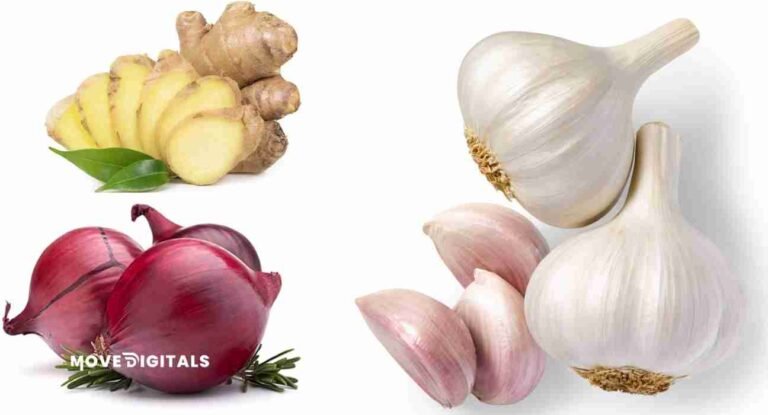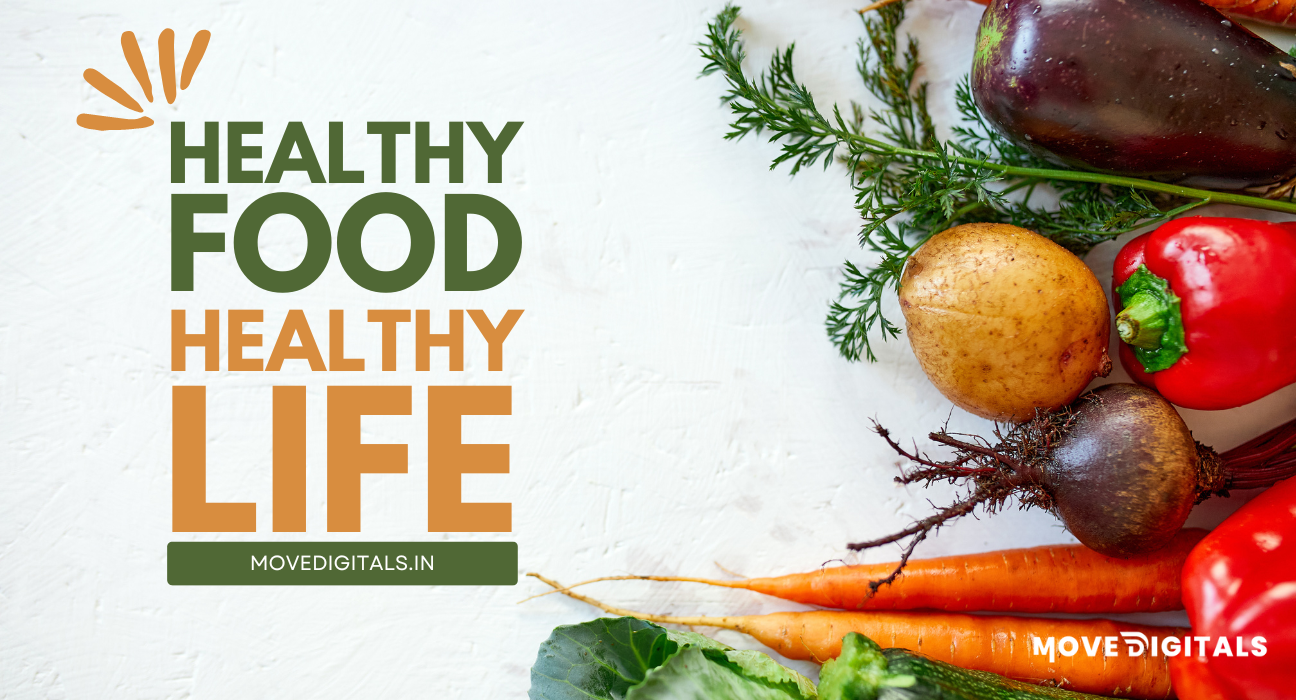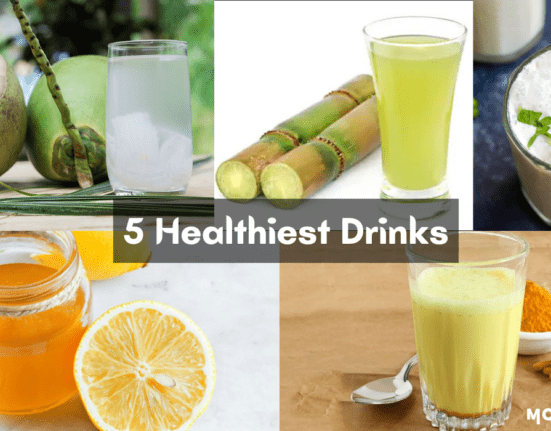During pregnancy, it’s important to pay attention to your diet to ensure the health and well-being of both you and your baby. While it’s crucial to focus on a balanced and nutritious diet, there are certain foods that should be avoided or consumed in limited amounts due to potential risks. Always consult with your healthcare provider for personalized advice.
Table of Contents
Here are some general guidelines on foods to avoid during pregnancy:




Raw or undercooked seafood:
To prevent the risk of foodborne illnesses, avoid raw or undercooked seafood, including sushi and raw shellfish.
Certain types of fish:
Some fish can contain high levels of mercury, which can be harmful to the developing nervous system of the fetus. Limit the intake of high-mercury fish such as shark, swordfish, king mackerel, and tilefish.
Raw or undercooked eggs:
Avoid consuming raw or undercooked eggs due to the risk of Salmonella contamination. This includes foods like homemade Caesar dressing, mayonnaise, and raw cookie dough.
Unpasteurized dairy products:
Unpasteurized milk and soft cheeses made from raw milk may contain harmful bacteria such as Listeria, which can pose a risk during pregnancy.
Deli meats and hot dogs:
These may be contaminated with Listeria, which can cause serious complications during pregnancy. If you choose to eat them, make sure to heat them thoroughly.
High-caffeine beverages:
While moderate caffeine intake is generally considered safe, high levels of caffeine have been associated with an increased risk of miscarriage. It’s advisable to limit caffeine intake during pregnancy.
Alcohol:
There is no known safe amount of alcohol during pregnancy. Drinking alcohol during pregnancy can lead to fetal alcohol spectrum disorders and other developmental issues.
Artificial sweeteners:
Some artificial sweeteners, such as saccharin, should be avoided during pregnancy. Opt for natural sweeteners like stevia in moderation.
Excessive vitamin A:
High levels of vitamin A can be harmful to the developing fetus. Avoid excessive intake of vitamin A supplements and be cautious with foods high in vitamin A, such as organ meats.
Raw sprouts:
Raw sprouts, including alfalfa, clover, and radish sprouts, may carry a risk of foodborne illness, so it’s recommended to avoid them during pregnancy.
It’s essential to maintain a well-balanced diet and stay hydrated during pregnancy. Consult with your healthcare provider for personalized advice based on your individual health and pregnancy circumstances.
Vegetables and Fruits to Avoid
In general, vegetables and fruits are an important part of a healthy pregnancy diet. However, it’s important to wash them thoroughly to remove any potential contaminants. Here are some specific recommendations:
Listeria-prone vegetables and fruits:
Be cautious with vegetables and fruits that are often associated with Listeria contamination. This includes pre-cut, pre-washed, and packaged varieties. Wash all produce thoroughly, and consider avoiding pre-cut items when possible.
High-pesticide fruits and vegetables:
Consider choosing organic options for fruits and vegetables that tend to have higher pesticide residues. The Environmental Working Group (EWG) publishes an annual list of produce items called the “Dirty Dozen,” which includes fruits and vegetables with higher pesticide levels.
Limiting exposure to heavy metals:
Some fruits and vegetables may contain higher levels of heavy metals, such as lead and mercury. Be cautious with certain varieties of rice, leafy greens, and root vegetables. Diversify your food choices to reduce exposure.
Avoiding certain herbal teas:
While some herbal teas are generally considered safe during pregnancy, others may have potential risks. Consult with your healthcare provider before consuming herbal teas, especially those with uncertain safety profiles.
Limiting fruit juices:
While fruit juices can provide essential nutrients, they can also be high in sugars and lack the fiber found in whole fruits. Consume them in moderation and opt for whole fruits whenever possible.
Remember to include a variety of colorful fruits and vegetables in your diet to ensure a broad range of nutrients. If you have specific concerns or dietary restrictions, it’s always best to consult with your healthcare provider or a registered dietitian for personalized advice.
For more health tips follow MoveDigitals.









